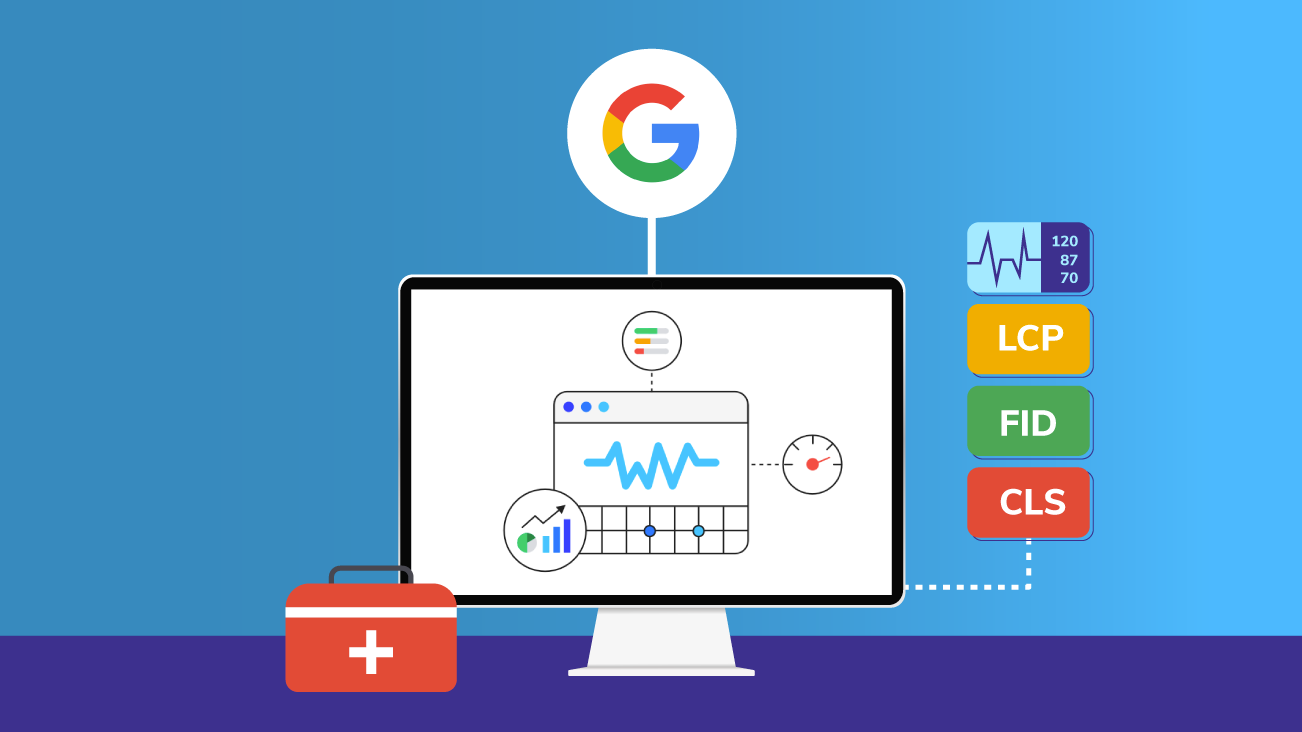Does a Website Theme Matter for SEO?

Will making changes to the theme of a website affect the ranking and if it so, to what degree? What are the best practices to follow when changing the theme or design?
These are the very questions which Google’s John Mueller addressed recently in an episode of AskGoogleBot over on Google’s Search Central YouTube channel.
In the short video, focused on website themes and their effect on SEO, the answer is provided in no uncertain terms.
Mueller made it clear that yes, website themes can and will have an impact on SEO and he went into a little more depth around how and why:
“It’s easy to consider website themes as just a splash of colour on top of a finished structure. But there’s so much more involved.”
Themes have a real impact
Many different content elements of a website are impacted by its theme and how those elements are displayed because of it.
Many of those same elements are core to SEO, such as:
- Loading times
- Structured data
- Text & images
- Headings
- How pages are interlinked
Search engines need to understand the content of a website and according to Google, a good theme will make that process easier. Changing themes will generally have an impact which of course can be positive, but in the wrong hands can be exactly the opposite.
So how can SEOs get it right? According to John Mueller, test driving a website theme is a great idea before making the leap.
Website themes, getting it right
To stand the best possible chance of getting the right theme, it is always a good idea to try them out first on a test website, remember though, to block indexing to prevent Google from accidentally crawling it.
Adding content from the previous incarnation of the website and reviewing HMTL generated by the proposed new theme are also worthwhile (and highly recommended) endeavours.
Additionally, many SEOs also advocate the use of Gutenberg-based editors if using WordPress sites as doing so results in impressively fast page speeds thanks to easier editing, customisation and a website generated straight from the core, free of additional layers.
At the more sluggish end of the scale, multiple plug-ins, poor coding, poorly optimised CSS, JavaScript/jquery and loading excess external and internal resources such as web fonts and scripts can all result in the opposite; alarmingly slow page speeds and a negative impact for the site.
The bottom line is that website themes need to be chosen with care, even if they are marketed as SEO friendly as many provide average scores at best in Google’s PageSpeed insights tool.
Watch the full video:





Comments